Benin: A Journey Through History, Culture, and Geography of West Africa's Hidden Gem
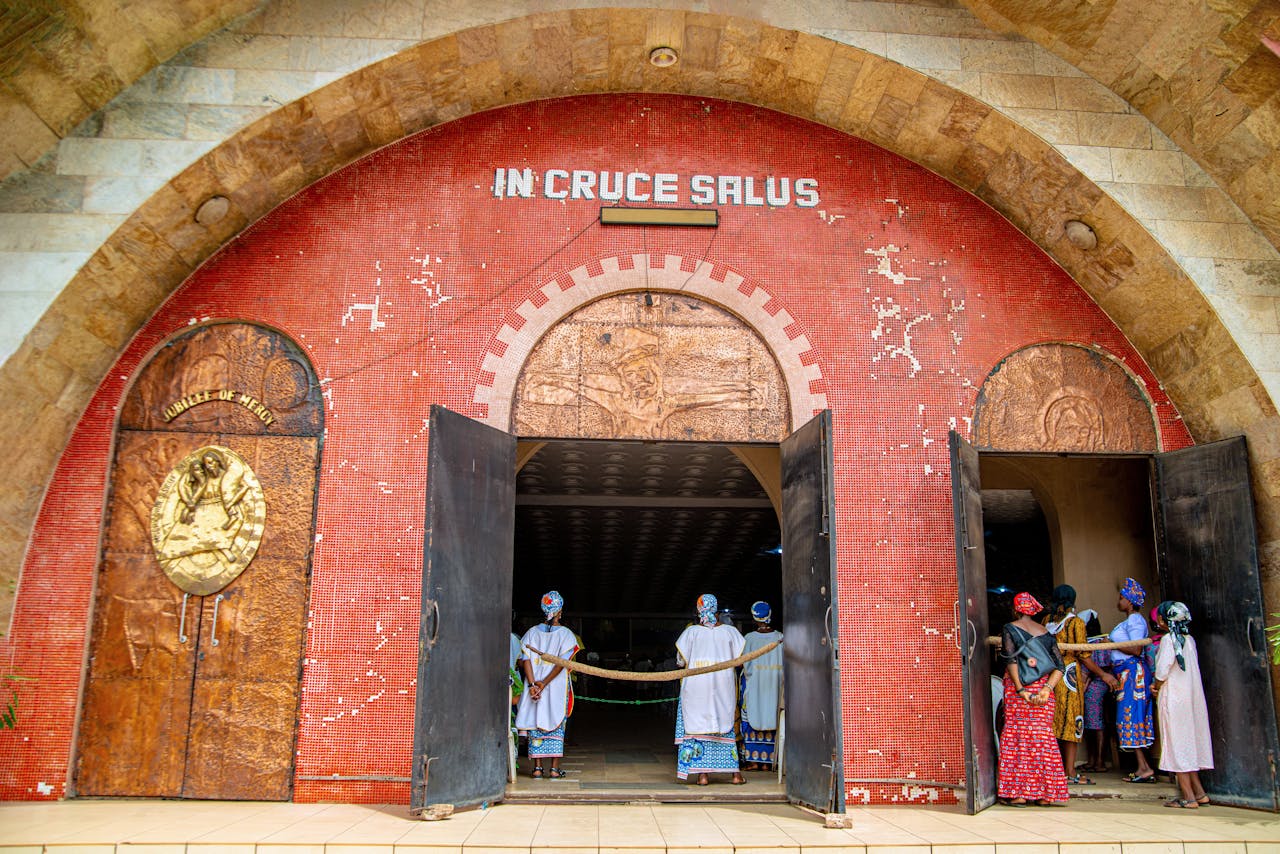
Explore the rich history, vibrant culture, and diverse geography of Benin—a West African nation once home to the mighty Kingdom of Dahomey. Learn about Benin's people, languages, natural beauty, and growing tourism in this comprehensive blog.
Benin, a small yet historically rich country nestled in West Africa, often escapes the radar of mainstream tourism, yet it holds one of the most profound historical and cultural legacies on the African continent. Known for its ancient kingdoms, vibrant traditions, and dynamic geography, Benin is more than a name on a map—it's a gateway into the soul of Africa. From the powerful Kingdom of Dahomey to its colonial past and its modern aspirations, Benin is a nation worth discovering.
📍 Geography of Benin
Benin lies along the Gulf of Guinea and shares borders with Nigeria to the east, Togo to the west, Burkina Faso and Niger to the north. Stretching about 700 km from the Atlantic Ocean in the south to the semi-arid Sahel in the north, Benin’s geography transitions dramatically. The coastal region is characterized by sandy beaches and lagoons, particularly around Cotonou, Porto-Novo, and Ouidah. Moving northward, the land gradually rises into wooded savannas and plateaus, finally reaching the Atakora Mountains in the northwest.
The Ouémé River, Benin’s longest river, cuts across the southern part of the country, playing a vital role in agriculture, transportation, and fishing. Other significant rivers include the Niger (in the north) and the Mono (in the west).
Benin's climate is tropical in the south and semi-arid in the north. The coastal region experiences two rainy seasons (April–July and September–November), while the northern part has a single rainy season.
🏛️ A Glorious Past: The Kingdom of Dahomey
Benin’s history is deeply tied to the Kingdom of Dahomey, a powerful West African state that existed from the 1600s to 1904. The kingdom was known for its military strength, administrative sophistication, and unique societal structures, including the famous Dahomey Amazons—an all-female regiment considered one of the most formidable in African history.
The royal city of Abomey, now a UNESCO World Heritage Site, served as the capital of Dahomey. Visitors can explore the Royal Palaces of Abomey, which house relics, thrones, and ceremonial artifacts that tell the story of kings who ruled vast territories and engaged in trade with European powers.
Unfortunately, Dahomey’s legacy is also intertwined with the Atlantic slave trade. From the port town of Ouidah, thousands of Africans were forcibly sent to the Americas. The Route des Esclaves and the Door of No Return in Ouidah stand as solemn reminders of this dark chapter.
🇧🇯 Colonial History and Independence
During the late 19th century, France colonized the region, naming it French Dahomey. Benin gained independence from France on August 1, 1960, and underwent various political transformations, including a period of Marxist-Leninist rule. In 1990, Benin became one of the first African nations to peacefully transition to a democratic government.
The country’s capital is Porto-Novo, but the largest city and economic hub is Cotonou, home to the government headquarters, markets, embassies, and Benin’s main seaport.
🧬 Cultural Diversity
Benin is a melting pot of cultures and ethnic groups. The Fon people, who were central to the Kingdom of Dahomey, are the largest ethnic group. Other prominent groups include the Yoruba (especially in the east), the Bariba (in the north), the Somba, and the Aja.
The country is known for its deep-rooted traditions, ceremonies, and spiritual practices. Vodun (Voodoo) originated in Benin and is still widely practiced. Contrary to Hollywood portrayals, Vodun is a complex, organized religion with gods, spirits, and rituals that connect the natural and spiritual worlds. Every January, Benin celebrates National Voodoo Day in Ouidah, attracting tourists and scholars from around the world.
Beninese music is vibrant and diverse, with rhythms like Tchink System, Agbadja, and traditional drumming taking center stage. Modern genres, including hip-hop and Afrobeat, are also rising among youth populations in cities like Cotonou and Parakou.
🌿 Nature & Wildlife
Benin offers eco-tourism opportunities through its national parks and wildlife reserves. The Pendjari National Park, part of the W-Arly-Pendjari (WAP) complex shared with Burkina Faso and Niger, is one of West Africa’s last remaining strongholds for large mammals like elephants, lions, hippos, antelope, and cheetahs. It is a designated UNESCO Biosphere Reserve.
The Atakora Mountains and Tanougou Falls provide stunning landscapes for hiking and cultural visits to Somba villages known for their Tata Somba—unique fortified houses made from mud and thatch.
🏙️ Cities Worth Visiting
-
Cotonou: Economic capital, bustling markets, beaches, and nightlife
-
Porto-Novo: Official capital with colonial architecture and museums
-
Ouidah: Spiritual heart of Vodun and history of the slave trade
-
Abomey: Historic city with royal palaces and Dahomean heritage
-
Natitingou: Gateway to Pendjari Park and Somba cultural experiences
📚 Education & Language
The official language is French, though many Beninese speak indigenous languages such as Fon, Yoruba, Bariba, and Dendi. Education is improving, especially in urban areas, but literacy rates are still developing in rural regions.
💰 Economy & Development
Benin's economy is primarily agricultural, with cotton as its top export. Subsistence farming remains widespread, but the country is gradually modernizing. The Port of Cotonou plays a strategic role in trade, serving landlocked neighbors like Niger and Burkina Faso.
Benin is working to diversify its economy, attract tourism, and develop infrastructure with support from the African Development Bank, IMF, and foreign investors.
🧳 Why Visit Benin?
-
Rich history of African royalty and resistance
-
Unique spiritual heritage through Vodun
-
Wildlife safaris in Pendjari National Park
-
Vibrant markets and cultural festivals
-
Friendly, welcoming people and local cuisine (try pâte, akassa, or wagasi cheese)
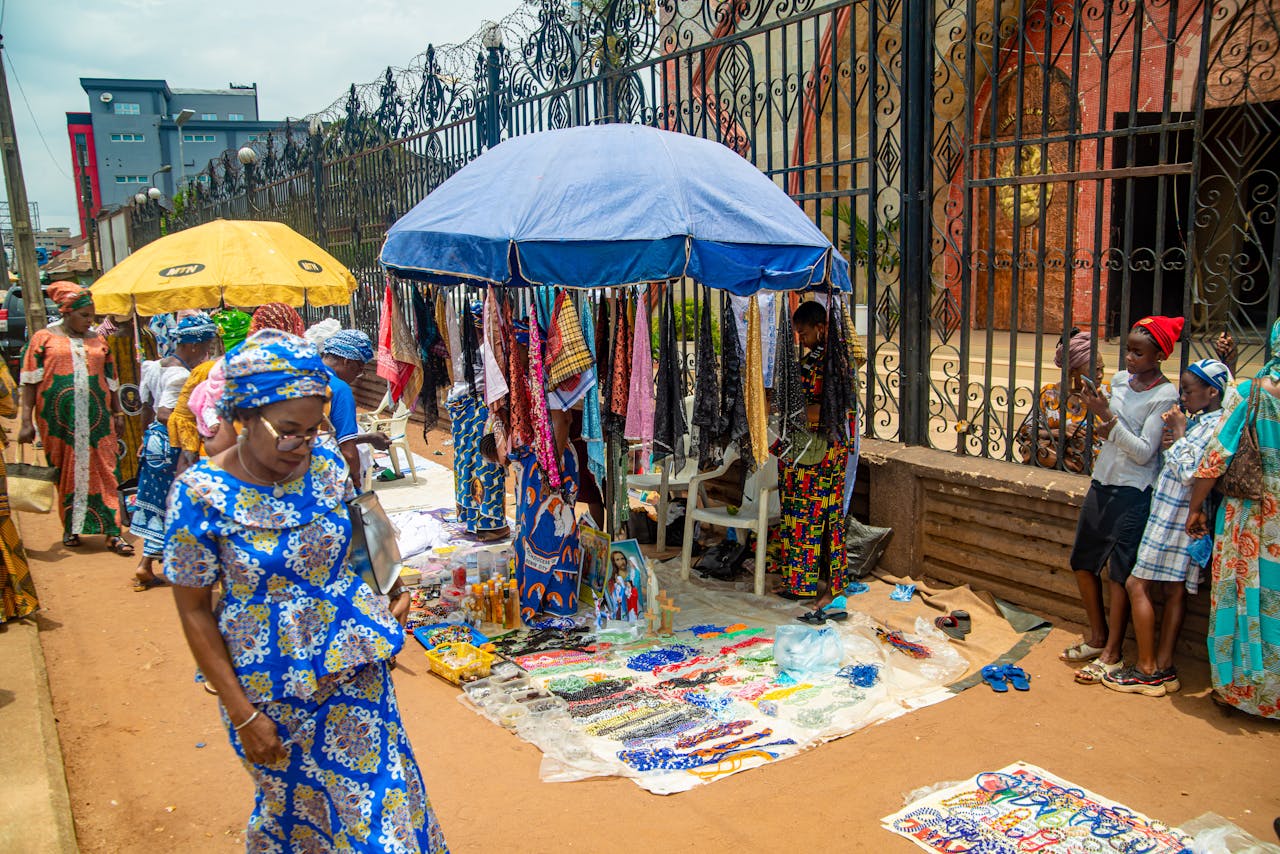
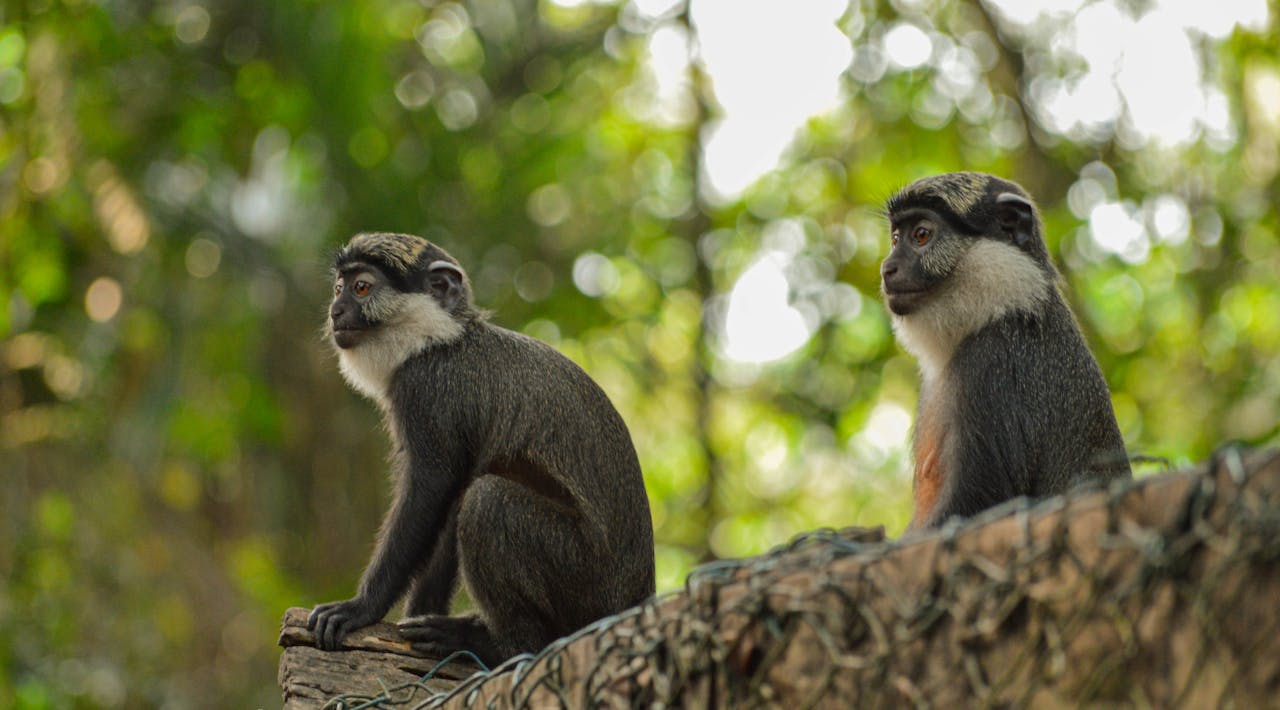
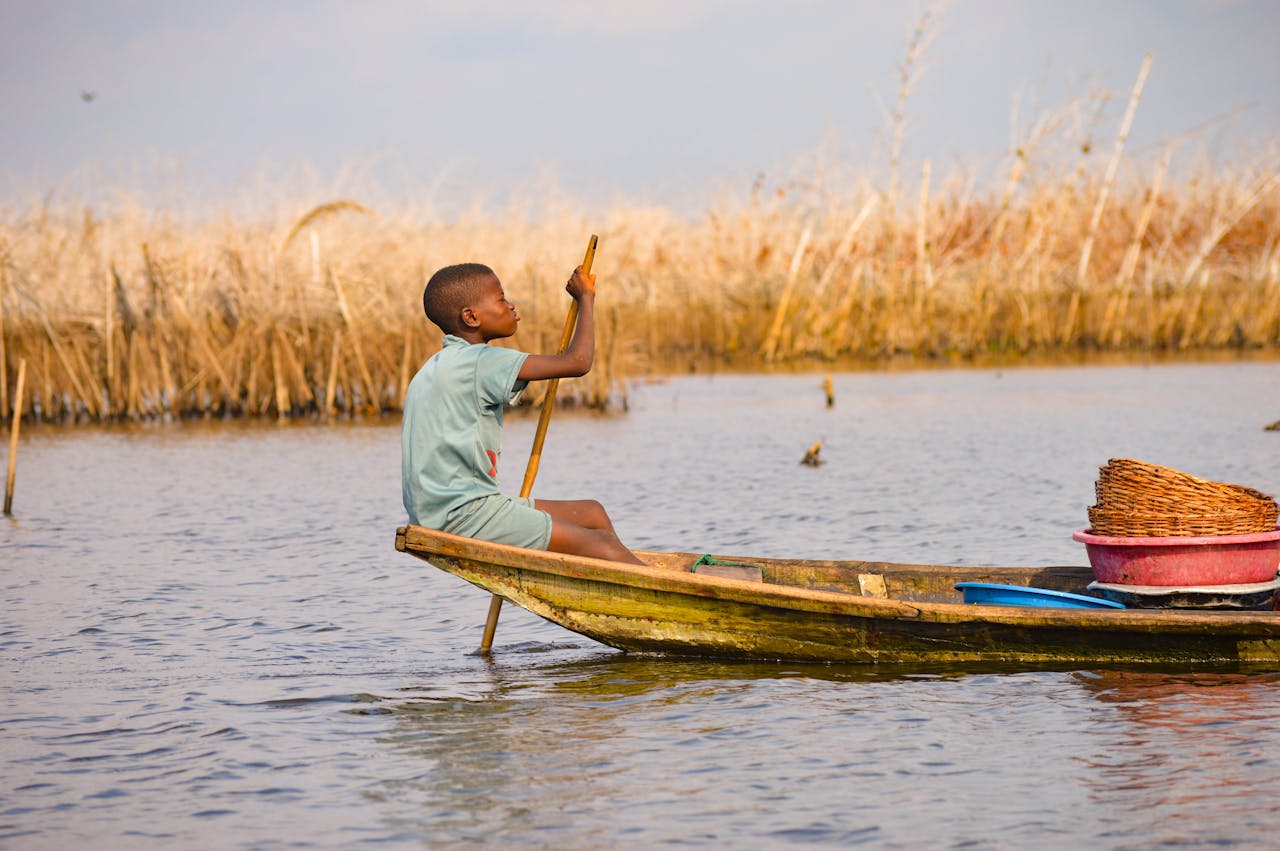
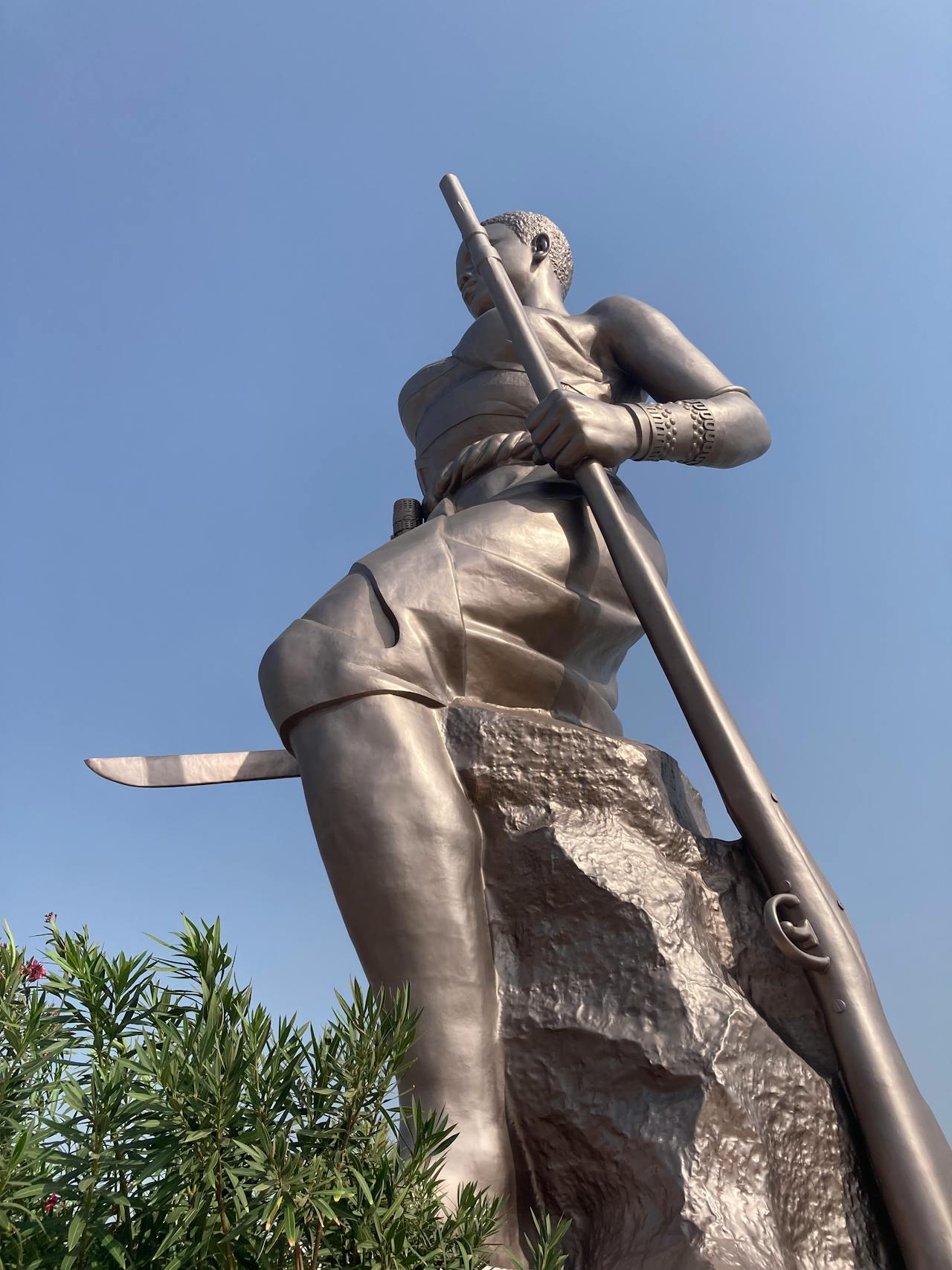
Comments (0)
Please login to leave a comment.